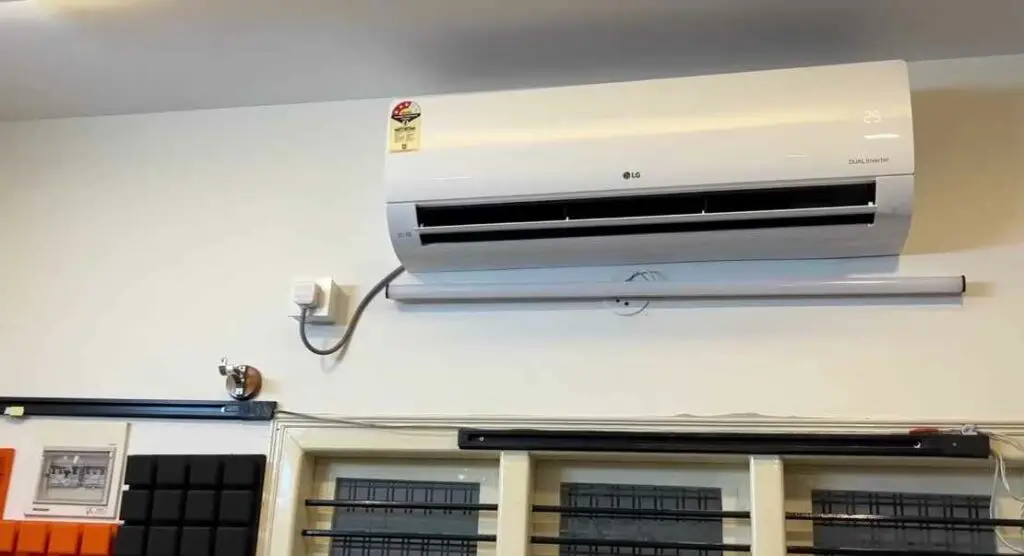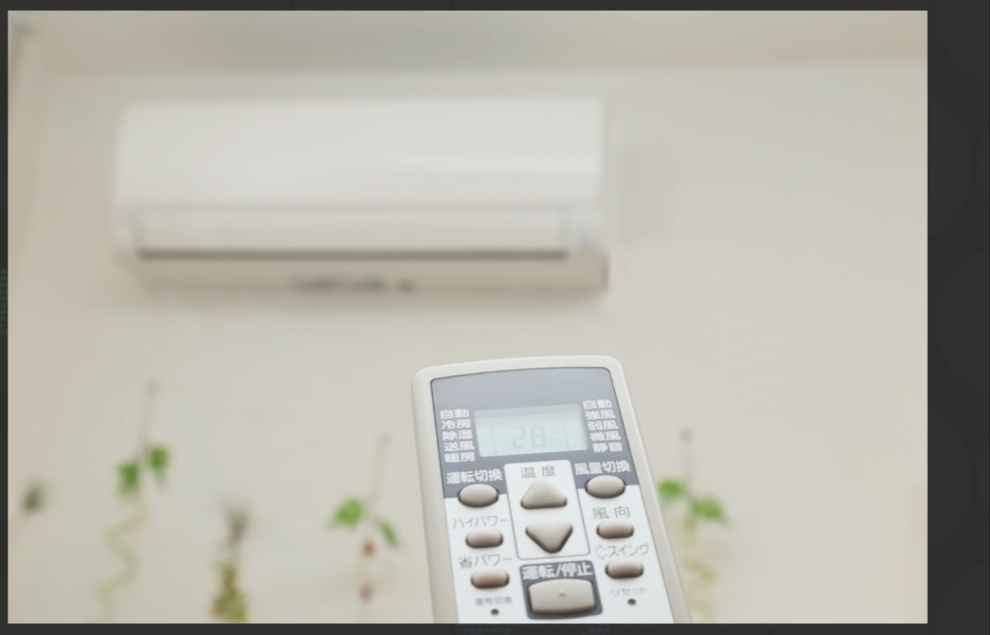The air conditioner can make you feel dizzy because it is drying out the air.
This can happen if the room is too small or if the unit is not vented properly.
The lack of humidity in the air can cause your body to feel dehydrated, leading to dizziness.
You may also feel dizzy if you are standing up too fast after sitting for a long period of time in a cool room.
One study found that people exposed to cool temperatures had a higher risk of dizziness and vertigo.
And if you do start to feel dizzy, sit or lie down right away so you don’t risk falling and injuring yourself.

Why Do I Feel Dizzy in Air Conditioner?
There are a few reasons why you might feel dizzy in air conditioner.
One reason could be that the air is too dry.
When the air is too dry, it can cause your sinuses to become irritated and inflamed.
This can lead to dizziness because the inflammation can block off your eustachian tubes, which connect your middle ear to your throat.
Another reason for feeling dizzy in an air conditioner could be that the temperature is set too low.
If the temperature is set too low, it can cause your body to go into shock and this can lead to dizziness.
The last reason why you might feel dizzy in an air conditioner is because of the fan speed.
If the fan speed is set too high, it can create a wind chill effect which can make you feel cold and cause you to shiver.
This can also lead to feeling lightheaded and dizzy.
If you are feeling any of these symptoms, it is important to see a doctor so they can rule out any other underlying medical conditions.
How Do I Know If My Ac is Making Me Sick?

If you’re wondering whether your air conditioner could be making you sick, the answer is maybe.
Air conditioners circulate and recirculate indoor air, which can sometimes lead to the spread of illness.
However, there are a few things you can do to help prevent this from happening.
First, make sure your AC unit is properly maintained.
This means changing the filter regularly and having it serviced by a professional at least once a year.
A well-maintained AC unit will circulate clean air and not put extra strain on your immune system.
Second, keep your AC unit clean. Dust and dirt can build up inside the unit, which can then be circulated around your home.
Regularly cleaning your AC unit will help ensure that the air it circulates is as clean as possible.
Third, ventilate your home properly.
Some illnesses are caused by stagnant air, so it’s important to have good ventilation in your home (especially if you have an older home with fewer windows).
You can open doors and windows when weather permits or use a whole-house fan to circulating fresh air throughout your home.
Fourth, stay hydrated! Drinking plenty of fluids helps flush out toxins and keeps your respiratory system functioning properly.
This is especially important during hot summer months when dehydration is more common.
Finally, trust your instincts.
Does Air Conditioning Affect Vertigo?
Air conditioning can affect vertigo because it can dry out the air and cause changes in temperature and humidity.
This can trigger an attack of vertigo or make it worse.
If you have vertigo, it’s important to stay hydrated and avoid sudden changes in temperature or humidity.
How Long Does Air Conditioning Sickness Last?

There is no definitive answer to this question as it depends on the individual and the severity of their air conditioning sickness.
However, symptoms typically last for a few hours or days and usually resolve once the person is no longer exposed to air conditioning.
In more severe cases, hospitalization may be required.
Can air conditioner make you sick?
Side Effects of Air Conditioners on the Human Body
Most people know that air conditioners cool the air in a room. But did you know that they can also have an effect on your health?
While the effects are usually minor, there are some potential side effects of air conditioner use that you should be aware of.
Dry skin and eyes. Air conditioners remove moisture from the air, leading to dry skin and eyes.
If you experience these symptoms, try using a humidifier in your home to add some moisture back into the air.
Throat irritation. The dry air produced by an air conditioner can also cause throat irritation.
If you find yourself coughing or feeling scratchy, try using a humidifier to add some moisture back into the air.
You may also want to drink more water to stay hydrated.
Nasal congestion. Dry air can also lead to nasal congestion.
This is because the mucous membranes in your nose rely on moisture to function properly.
If they become too dry, they can swell and cause congestion. Again, using a humidifier can help alleviate this problem.
If you experience any of these side effects, try taking some simple steps to mitigate them.
In most cases, simply adding moisture back into the air will do the trick!